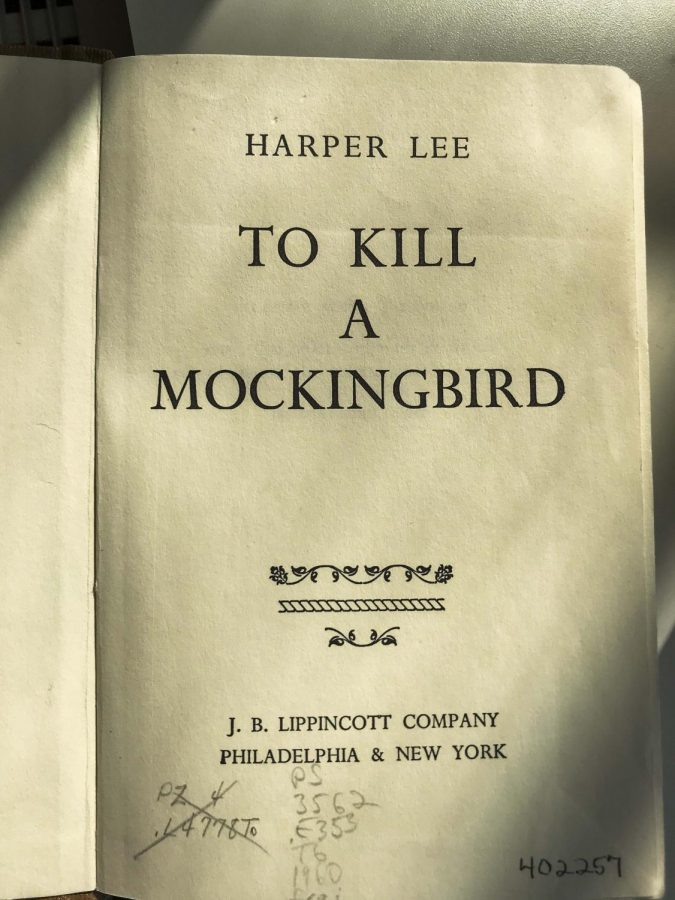Banned book course offering
The Laura and Alvin Siegal Lifelong Learning Program is set to offer a course on Harper Lee’s “To Kill A Mockingbird” this May. In addition to undergraduate students, the course is open to the public in hopes of educating a broader demographic on books which are banned from some schools.
“To Ban a Mockingbird in 2018” will be a course offered during the month of May through the Laura and Alvin Siegal Lifelong Learning Program. Focusing on the novel “To Kill a Mockingbird” (TKAM) by Harper Lee, the course is free and open to the public.
The Siegal program is on its sixth year of operation. It stresses the importance of educational accessibility for people of all ages.
“Many of our programs are what we call ‘personal enrichment’ opportunities, typically attended by retirees who truly support the ideal of a life of learning,” said Brian Amkraut, the executive director of Siegal.
Published in 1960, TKAM shares the events surrounding a tense trial in a small southern town. Lee touched on themes ranging from racial and gender tensions to family conflicts, all told from the perspective of the child protagonist, Scout Finch.
Due to its controversial content, the book is a long-time member of banned book lists for schools.
“TKAM has been a favorite offering for a number of our study groups through the years, and our instructor for this course does a wonderful job with the text,” said Amkraut. “TKAM has not lost any of its relevance, and in fact, many of our adult learners appreciate the opportunity to revisit the book as many last read it when they were in high school.”
Fourth-year English major Laura James agrees with the relevance of studying Lee’s work.
“[TKAM] is a text that I first studied in middle school as a linchpin of the American literary canon,” she said. “As I grow older, its meaning has become increasingly important and relevant to my understanding of the ways in which racial prejudices appear in our daily lives. I am glad this course is open and free for the public and investigates why the work continues to be banned at schools, despite its cultural relevance.”
Another undergraduate student, Aubri Swank, agrees that “you can’t ignore history or pretend things haven’t happened.”
Amkraut hopes that the Siegal program will utilize the “tremendous intellectual capital” at Case Western Reserve University to continue its inclusive mission to offer a “lifetime of learning opportunities” for alumni, friends and neighbors.
To Ban a Mockingbird in 2018 joins hundreds of courses, lectures and educational programs which currently serve over 4,000 individuals, all run by the Siegal program.
The course will meet every Wednesday night at 7 p.m. to 8:30 p.m. from May 9 to May 30. Interested attendees can register online.



